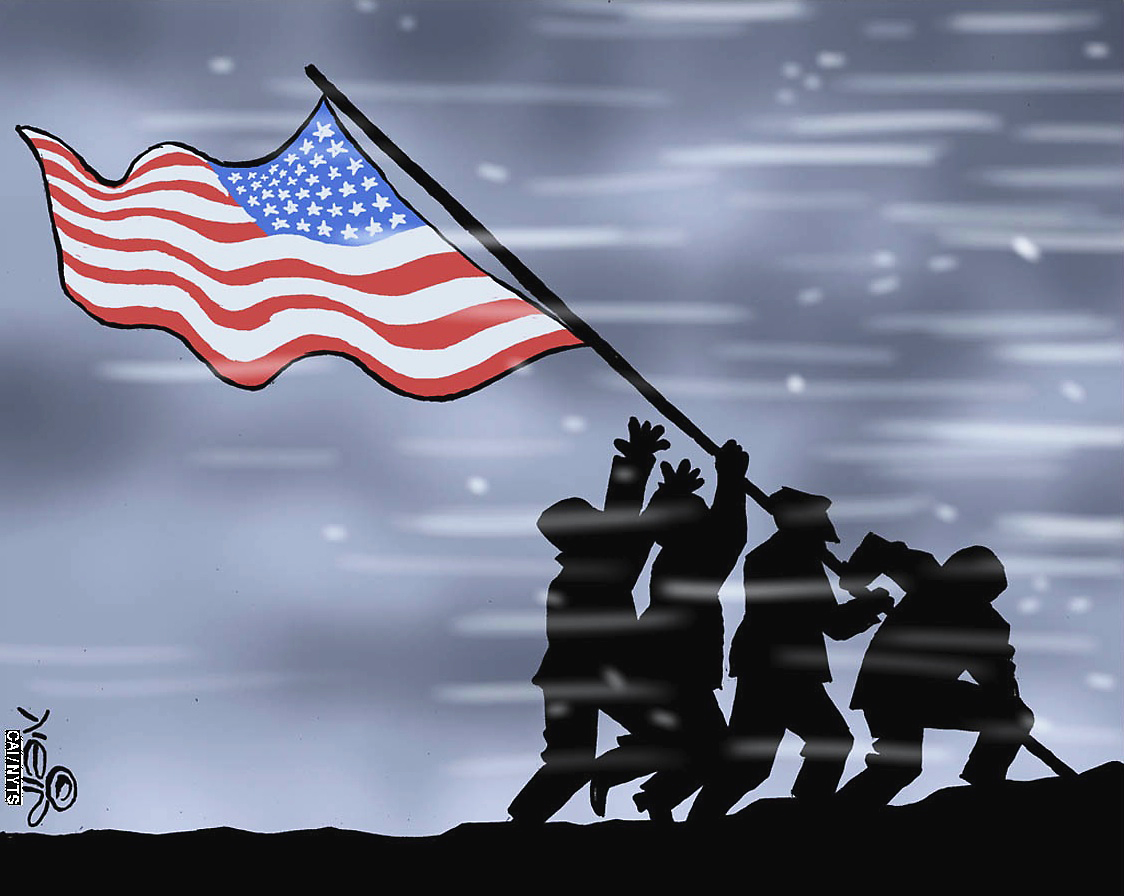In 2016, Prime Minister Shinzo Abe visited Pearl Harbor to commemorate the U.S. soldiers who died there, and President Barack Obama visited the Peace Memorial Park in Hiroshima to commemorate the victims of the atom bomb. The visits remembered the conflict that raged in the Pacific for three years and eight months from December 1941 to August 1945, a conflict that brought with it great sacrifice, hatred and bigotry in both Japan and the United States.
How do nations transcend hatred, reconcile and build a constructive future after fighting a long and brutal war? Human psychology is complex, and in the case of a one-sided victim-aggressor relationship, there is a tendency to criticize, censure and exact revenge rather than to reconcile.
At Pearl Harbor, the surprise attack by the Japanese military ahead of a formal declaration of war single-handedly inflicted defeat and the worst military humiliation in the history of the U.S. The American people had been hesitant to intervene in the war in Europe and Asia, but attitudes changed overnight with a push for revenge on the Japanese under the slogan "Remember Pearl Harbor."

















With your current subscription plan you can comment on stories. However, before writing your first comment, please create a display name in the Profile section of your subscriber account page.